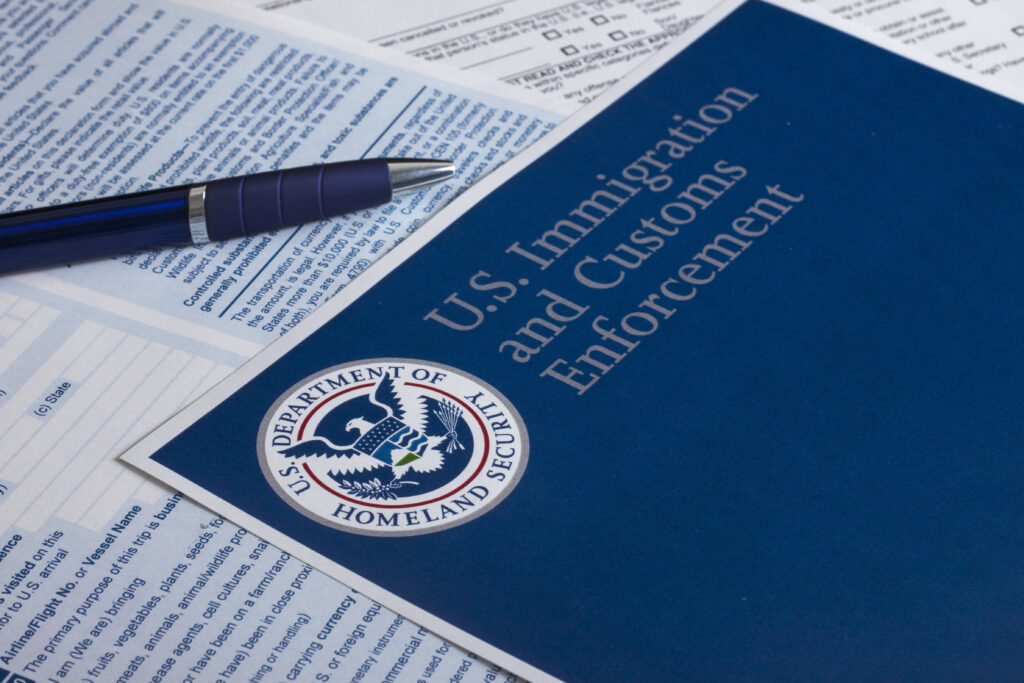Prepared by Wyche attorneys: Rita Bolt Barker & Maurie Lawrence
Below is a summary of considerations that parties may want to consider in allocating environmental liabilities. This summary is not exhaustive, as considerations vary for each transaction. For example, this summary does not address the various types of deal structures.
Download a PDF version of this summary here.
Definitions of Key Environmental Terms
- Clarify if “environmental laws” include existing requirements and future amendments
- Broad v. narrow definition of “hazardous substances”
- Examine definition of “company” and impact of definition on other contract terms
Due Diligence
- Access, timetable, allocation of costs, who will hire experts (reliance letters)
- Disclosure/reporting requirements
- Agreed upon process for impact of results of buyer’s diligence
- Confidentiality
Representations and Warranties
- Determine scope of seller’s inquiry; define whether including prior or current operations
- “Materiality” standard (aggregate materiality or a materiality threshold tied to a dollar amount)
- “Knowledge” qualifiers
- Duration
- Negotiation of schedules and any exceptions
Covenants
- Determine obligations and disclosure requirements of parties through time of closing (e.g., transfer of permits)
Indemnification
(A separate environmental indemnification is often recommended, but should be reviewed in connection with any general indemnification provisions. Note: Contractual indemnifications do not necessarily release a party from direct liability under CERCLA.)
- Cap, duration, deductibles (negotiation of “basket” amount)
- Consider financial strength of party providing indemnity
- Coverage for “losses” v. other discretionary expenses
- Notification requirements of any loss
- Define opportunities for indemnifying party to defend/participate in defense
Miscellaneous
- Cost-sharing provisions
- Hold-back provision/escrows
- “As is” clause
- Availability of extra-contractual solutions, including environmental insurance and/or voluntary cleanup contract
This update is provided by Wyche for educational and informational purposes only and is not intended and should not be construed as legal advice.






